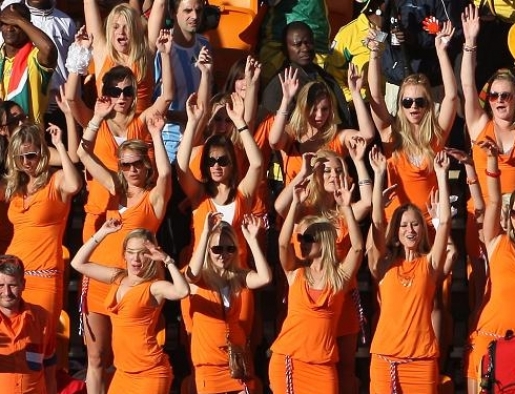With the 2012 Summer Olympics in London around the corner, the term “ambush marketing” is being lobbed about once more. Heavily controversial and emotionally charged, ambush marketing is thought to have begun during the 1984 Olympics. Prior to this, the Olympics required public funding.
That year, the Olympics became an economically self-sustaining event, offering lucrative sponsorship contracts which provided exclusive rights to “official sponsors”.
Unwittingly, this move ushered the practice of seemingly aligning a brand to an event, usually a sporting event, without that aforementioned brand having paid any sponsorship rights to the event.
Often multi-national companies cannot pay sponsorship fees to a highly-viewed event because only one brand per product-type can be the exclusive sponsor. Hence, shut-out companies seek to gain exposure of their brand through other, less “orthodox” ways.
For example, in 1984 Fuji won the sponsorship rights to the Olympics over Kodak. In response, Kodak bought up extensive advertising that was broadcast during the telecast. Because of this brand placement, much of the viewership erroneously believed that Kodak was an official sponsor along with Fuji.
The idea behind ambush marketing is that if you can position your brand during a highly-touted event to be seen often, whether in the broadcast, print ads or media images, the majority of viewers won’t be able to differentiate which are official and which are not. They will simply remember that the brand was there.
In large part, ambush marketing is legal though there are instances where they are not. Organizations and municipalities have begun to address this to further protect an event from encroachment.
Another issue that has arisen involves the official event’s sponsors vs. an individual athlete’s personal sponsors. For instance, Reebok was the official sponsor of the 1992 Summer Olympics. Nike, which sponsors many pro-basketball players, became the official sponsor of the United States Basketball team’s press conference. In defiance to the official sponsor, the U.S. players covered their Reebok logos during ceremonies. Nike, thus, used ambush marketing at this event.
When well-executed, ambush marketing can aid a company’s marketing and advertising goals and diminish the success of competitor’s sponsorships.
Michelle Mayer is blogger at Mijo! Brands in Mexico.
Click here to read more current trends.

